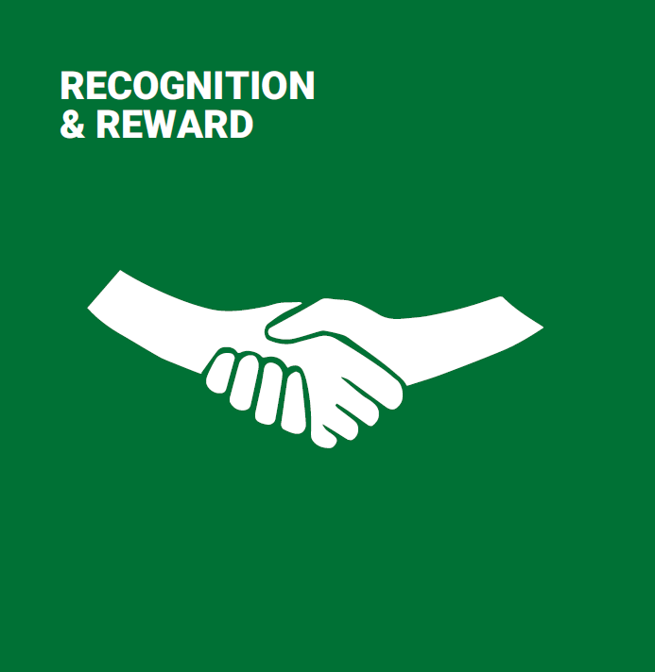
Validating people's efforts and work encourages initiative and creativity. In an increasingly agile environment (VUCA), it is essential to stimulate ongoing feedback, open communication and collaboration with peers. That's why many organizations have abandoned traditional annual appraisal systems, which are tending to be replaced by real-time, personalized feedback with praise for outstanding results. Admittedly, this approach is not easy. Poorly applied, it can even cause more harm than good.